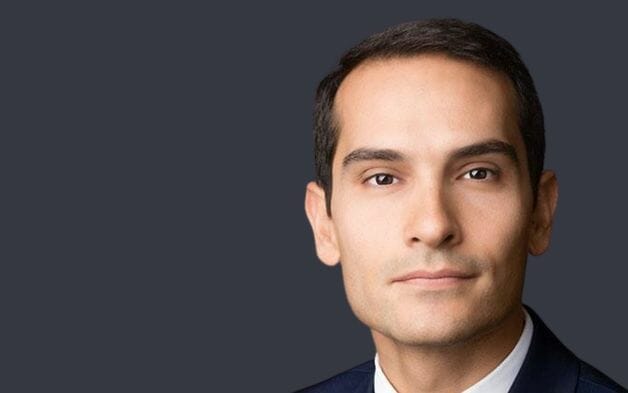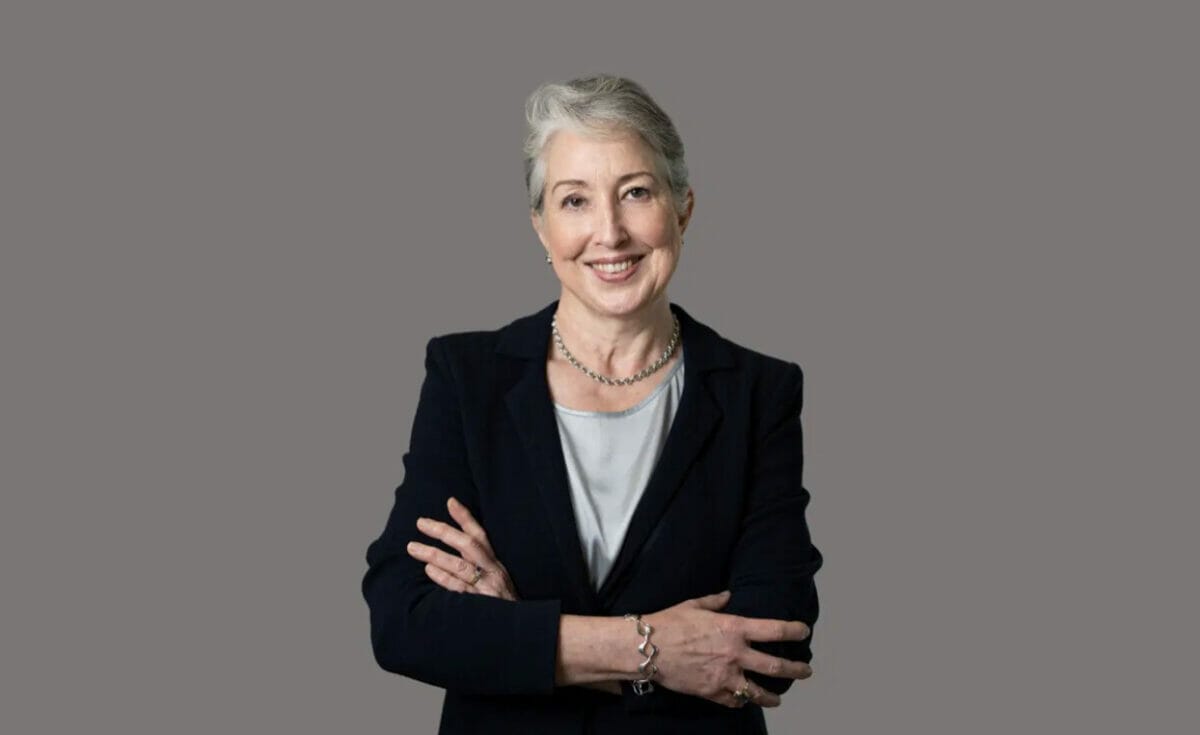Investors interested in ESG should be aware of the intensity of the commitment and develop their own deep expertise and impact-weighted accounts, according to ESG pioneer and academic, Professor George Serafeim.
“There are no shortcuts for investors,” he says, “and many of those proxies will end up being disappointing for investors. They reflect the intentions, efforts and aspirations but not the outcomes that will eventuate.”
He says investors that truly want to get to the bottom of the intersection of ESG and performance need to develop deep expertise, capabilities and knowledge about why the issues are important and develop their own impact weighted accounts that include measurement and valuation.
“In risk, return and impact, the impact is very difficult but then you have this beautiful 3D frontier,” he says.
Serafeim is an innovator and leader in the development of ESG measurement, metrics and impact in the corporate world and has been researching ESG for more than 15 years. Top1000funds.com first published stories on his early work in 2011 and 2012 when he was an assistant professor at Harvard Business School.
He’s now a named professor at Harvard, teaching respected classes, such as “Reimagining Capitalism” alongside Rebecca Henderson, and influencing hundreds of the brightest students in the world. He has become wildly influential in the business world by creating measurable ESG financial data.
measurement and impact
Serafeim sees the evolution of the ESG space for corporates in four clear stages: measurement, analysis, strategy and communication.
Measurement comes first, he says. Whether it is issues relating to climate change, DEI, or safety, corporates need to be able to measure performance. Then that data needs to be analysed, benchmarked and improvement demonstrated before a plan can be implemented based on the analytics to drive performance. And lastly that performance can be communicated.
“None of those four elements were feasible in the beginning,” he says. “There was little attention on measurement, analysis or managerial ability going into this space when I started working. In the last decade or so many business leaders have realised those societal important issues have become business relevant so that cycle of four factors has been unleashed in many organisations. Companies setting targets and trying to improve, reflects the evolution in the space.”
There are no shortcuts for investors
Serafeim has just written a book, Purpose and Profit: How business can lift up the world, where he describes the “magic” atmosphere that eventuates when purpose and profit combine.
“One of the things I describe is that the world we were living in 20 years ago is fundamentally different to now,” he says in an interview with Top1000funds.com
“A couple of important variables have changed as a context of business and as a result investing.”
Critically, technology created an environment where anything can be measured and social media has created transparency unimaginable before now.
“Take for example a large apparel company with tier 3-4 suppliers, 30 years ago we would have no idea about what was going on, now we have twitter.”
He also points out that, in 2022 the employee and customer base have much more choice, and voice.
“When I was growing up in Athens I would go to the convenience store and buy milk and there was only one to choose from, now there is so much choice. It’s the same thing from an employment perspective, you could sit in Melbourne and look for jobs anywhere in the world for zero cost and that choice has blended with a lot more choice in product and labour markets,” he says.
“That has had an impact on expectations and on society. Transparency has enabled choice and choice enabled voice.”
He says this means now corporate value depends on human capital, social capital, and intellectual capital alongside other forms of capital. The cycle of transparency, choice, voice, and value connection have created a very different operating context for businesses than even 20 years ago.
The book describes that evolution and Serafeim believes that all corporate and investment managers need to understand that context.
Development of purpose
Serafeim’s latest book comes from a long line of work looking at the idea of purpose.
In 2016 he wrote a paper with Claudine Gartenberg of Wharton and Andrea Prat of Columbia, Corporate purpose and financial performance, trying to understand purpose in a corporate context and how that impacts performance.
“There were several pieces of work where used the collective set of beliefs idea about the meaning and impact of employees’ work as a proxy for purpose driven organisation,” he says. “We found that in general, private market organisations tend to be more purpose-driven than public. And when they have long-term ownership, or more commitment in their investor base, they tend to be more purpose driven.”
You need to measure the outcomes because at the end of the day that is what matters
Another important piece of the puzzle was the publication in July 2020 of the Impact-Weighted Accounts Initiative at HBS that focuses on outcomes. This looked at the cost of the environmental impact of 1800 companies, bringing together accounting and environmental costs in the assessment of corporate performance. In its first year the project found that of the 1694 companies that had positive EBITDA in 2018, 252 firms, or 15 per cent, would see their entire profit wiped out by the environmental damage they had caused.
“The idea behind impact-weighted accounts is you need to measure the impact, the outcomes, because at the end of the day that is what matters,” he says.
“We took a step back to measure outcomes and to value outcomes in monetary terms, to understand how valuable those outcomes are, and then try to see how we can reflect those impacts through accounting statements so we have an integrated view of performance.
“If we want to have an eco-system that holds managers accountable for all sorts of capital then you need to measure the outcomes.”
Advice for investors
Serafeim says that ESG means different things to different people but the important thing is investors know what it means for them, whether that be divestment, risk, opportunity, a type of investing, or a strategy. But the problem is, because it means different things to different people, people are talking past each other.
“To me, ESG is a collection of issues that over time have become business relevant while at the same time being societal relevant. And over time because they are business relevant they reflect the underlying types of capital that organisations need to be competitive on and at the same time affect impact that organisations have on society. I see it as a framework that is the interdependence of impact and the competitiveness of the organisation. It reflects the risk and the fundamental ways the economy has been transformed and so where the opportunities exist.”
George Serafeim, the Charles M Williams Professor of Business Administration at Harvard Business School is a speaker at Top1000funds.com’s Sustainability in Practice event from September 13-15. Asset owners can find out more here.


